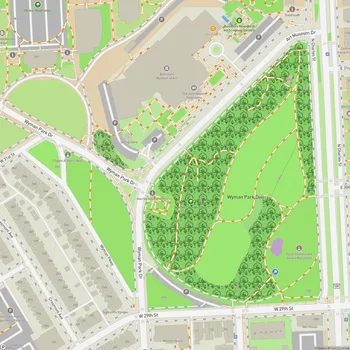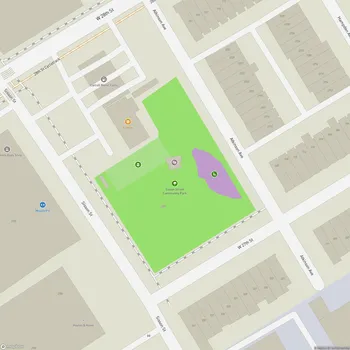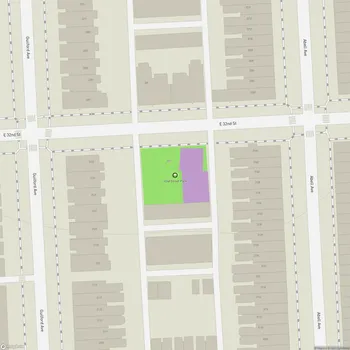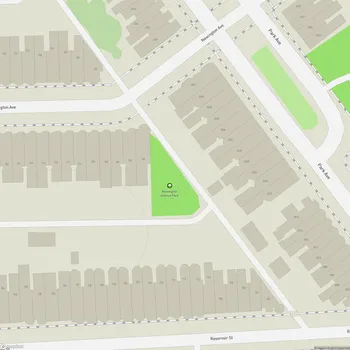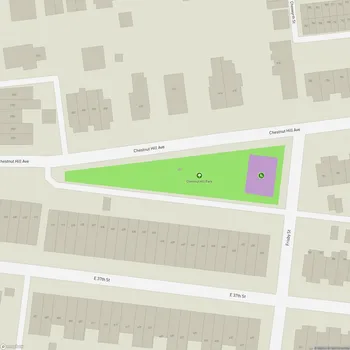Wyman Park
Wyman Park Map
About Wyman Park in Baltimore
Wyman Park, located in Baltimore, Maryland, is an expansive and historically rich green space that offers a variety of natural features and recreational opportunities. The park spans 88 acres, including a stream valley reserve centered around the winding Stony Run stream, and features a diverse landscape populated with native beech, poplar, and oak trees. Its irregular shape reflects the natural contours of the valley, creating a serene and picturesque setting. Within this larger area lies the Wyman Park Dell, a distinct 16-acre sub-section designed by the Olmsted Brothers in the early 20th century. The Dell is characterized by its sunken lawn surrounded by steep wooded slopes, offering a tranquil retreat in the heart of the bustling city.
The park connects various surrounding neighborhoods, including Charles Village and Remington, and forms part of an interconnected system of green spaces. It serves as a bridge between urban living and natural beauty, with trails extending through its wooded areas, reminiscent of the Maryland and Pennsylvania Railroad that once ran through the valley. These trails are enjoyed by walkers, joggers, cyclists, and dog owners. The park also features recreational fields, making it a hub for sports and leisure activities.
The historical development of Wyman Park touches on themes of philanthropy and urban planning. Originally part of the Homewood Estate, the land was donated to Johns Hopkins University in 1902 by the Wyman family, who stipulated that a portion be set aside as a public park. The Olmsted Brothers, renowned landscape architects, played a significant role in shaping the park's design. Over the years, the park has witnessed changes and expansions, including the development of the Stony Run Walking Path and community-driven upgrades such as playgrounds and picnic areas.
In addition to its natural and recreational offerings, Wyman Park is home to historical landmarks like the Union Soldiers and Sailors Monument and Harriet Tubman Grove, which commemorates the legacy of the abolitionist heroine. The park also hosts various community events and serves as a venue for both quiet reflection and social gatherings.
